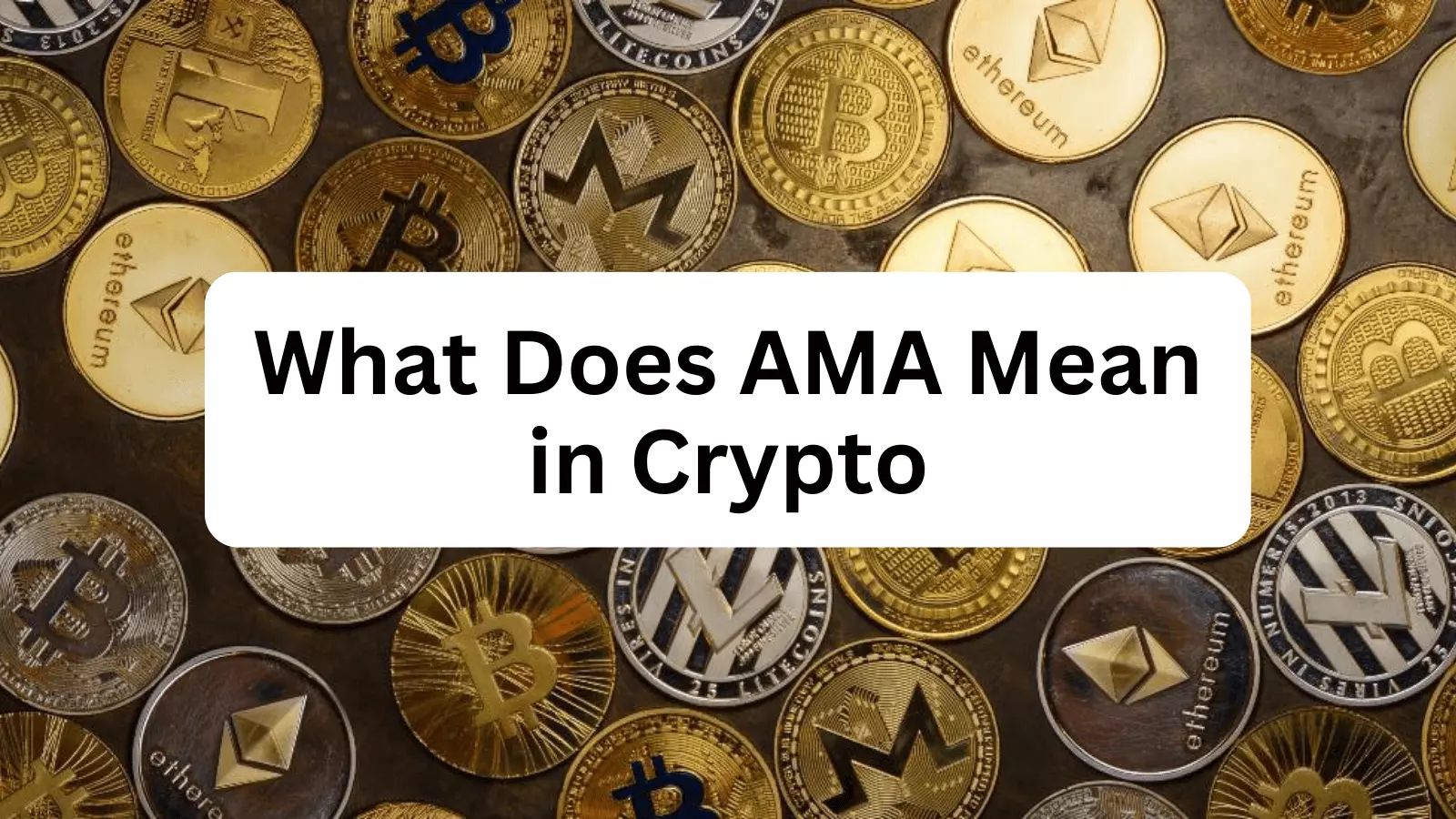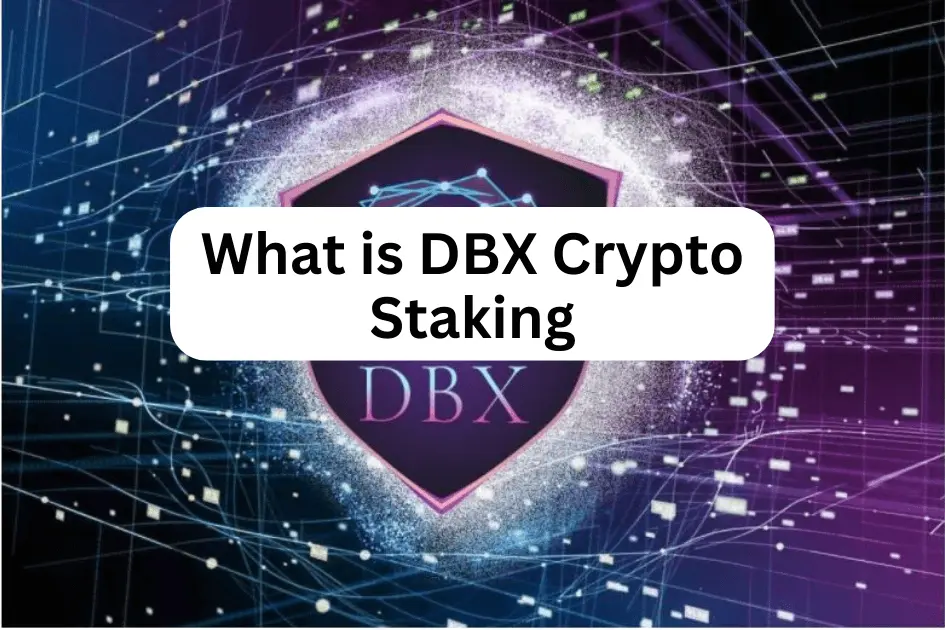
Introduction
Are you a young investor eager to explore the world of cryptocurrencies but need help figuring out how to get started? Well, I’ve got you covered! As a fellow crypto enthusiast, I’ve navigated the complexities of investing under 18, and I’m here to share my experiences and insights with you. Investing in crypto at a young age is an excellent way to learn about financial markets and grow wealth. However, there are legal considerations and important steps to follow. In this guide, I’ll walk you through the crypto investing process, from understanding the basics to managing risks and involving your parents or guardians. Let’s embark on this exciting journey together!
Content
Understanding Cryptocurrency

Cryptocurrency has taken the world by storm, revolutionizing how we think about money and transactions. As an avid investor and crypto enthusiast, I’ve dived deep into digital currencies and am here to break it down for you in simple terms. So, let’s unravel the mysteries of cryptocurrency together!
What is Cryptocurrency?
A cryptocurrency is a digital or virtual currency that relies on encryption techniques to secure transactions and control the creation of new units. Unlike traditional currencies issued by governments, cryptocurrencies operate on decentralized networks called blockchains, which record all transactions transparently and securely.
How Does Cryptocurrency Work?
Cryptocurrencies work on blockchain technology, a decentralized ledger maintained by a network of computers. Each transaction is added as a “block” to the chain, creating a permanent and transparent record. The blockchain ensures the integrity and security of transactions, eliminating the need for intermediaries like banks.
Popular Cryptocurrencies:
There are thousands of cryptocurrencies out there, but some of the most well-known ones include Bitcoin (BTC), Ethereum (ETH), and Litecoin (LTC). Bitcoin, often called digital gold, was the first cryptocurrency and remains the most valuable. Ethereum, on the other hand, enables the creation of smart contracts and decentralized applications.
Wallets and Private Keys:
To store and manage cryptocurrencies, you’ll need a digital wallet. Wallets come in various forms, such as software, hardware, or even online wallets provided by exchanges. Each wallet has a unique address and a private key, a secret code granting access to your funds. It’s crucial to keep your private key secure and backed up.
Exchanges and Trading:
Cryptocurrency exchanges allow you to buy, sell, and trade digital currencies. These exchanges facilitate transactions between buyers and sellers and provide a user-friendly interface to interact with the crypto market. It’s important to choose a reputable exchange with proper security measures in place.
Volatility and Market Analysis:
The crypto market is known for its volatility, with prices capable of fluctuating dramatically within short periods. To navigate this volatility successfully, learning about market analysis techniques, such as technical and fundamental analysis, is essential. You can make more informed investment decisions by studying charts, trends, and project fundamentals.
Risks and Security:
While cryptocurrency offers exciting investment opportunities, it also comes with risks. Awareness of potential scams, phishing attempts, and volatile market conditions is crucial. Security measures like two-factor authentication, strong passwords, and offline storage for large amounts of crypto can help safeguard your investments.
Understanding cryptocurrency is the first step towards becoming a confident investor in the digital realm. By grasping the basics, exploring popular cryptocurrencies, securing your funds with wallets, and being mindful of risks, you’ll be well on your way to navigating the exciting world of cryptocurrencies. Stay curious, stay informed, and enjoy the journey of crypto discovery!
Getting Started with Cryptocurrency Investments

As someone who has embarked on their cryptocurrency investment journey, I understand the excitement and curiosity that comes with it. I will guide you through the essential steps to get started with your cryptocurrency investments. From choosing a reputable exchange to set up a secure wallet, I’ll share my personal experiences and practical tips to ensure a smooth beginning to your crypto investment endeavors.
Choosing a Reputable Cryptocurrency Exchange:
You’ll need to find a trustworthy exchange to start investing in cryptocurrencies. Platforms such as Coinbase, Binance, or Kraken are popular options that offer a user-friendly interface, a wide range of supported cryptocurrencies, and robust security measures. Research different exchanges, read reviews, and consider factors like fees, customer support, and available features before choosing.
Creating an Account and Verifying Identity:
Once you’ve selected an exchange, the next step is to create an account. To set up your account, provide the required information, such as your name, email address, and password. Most exchanges will also require you to verify your identity by submitting identification documents like a passport or driver’s license. This verification process ensures compliance with Know Your Customer (KYC) regulations and enhances security.
Setting Up a Cryptocurrency Wallet:
A cryptocurrency wallet is a digital tool that stores your digital assets securely. There are various types of wallets, including software, hardware, and online wallets. Software wallets like Exodus or Trust Wallet can be downloaded onto your computer or smartphone, providing convenient access to your funds. Hardware wallets like Ledger or Trezor offer enhanced security by storing your cryptocurrencies offline.
Making Your First Deposit:
With your exchange account and wallet set up, you can make your first deposit. On the exchange platform, locate your wallet address for the specific cryptocurrency you want to invest in. Copy the address and initiate a transfer from your wallet to the exchange. The transaction may take some time to be confirmed on the blockchain, so be patient.
Buying Cryptocurrencies:
You can start buying cryptocurrencies once your deposit is reflected in your exchange account. Select the desired cryptocurrency, and choose the trading pair (e.g., BTC/USD or ETH/BTC) if applicable. Enter the amount you wish to invest or the number of coins you want to purchase, and review the transaction details before confirming the purchase.
Monitoring and Managing Your Investments:
After buying cryptocurrencies, monitoring and managing your investments regularly is important. Keep track of market trends, news, and developments in the crypto space. Consider setting price alerts or using portfolio tracking apps to stay informed about your holdings’ performance. Review and reassess your investment strategy based on your goals and risk tolerance.
Secure Your Investments:
Strengthen your security by enabling two-factor authentication (2FA) on your exchange account and wallet. Use strong, unique passwords, and consider using a password manager. Be vigilant against phishing attempts and download wallets or apps from trusted sources.
Managing Risk and Security

As I delved deeper into the world of cryptocurrency, I quickly realized the importance of managing risk and ensuring the security of my investments. I will share practical strategies and personal insights on safeguarding your crypto assets and navigating the risks associated with this exciting yet volatile market. By adopting proactive security measures and understanding risk management techniques, you can protect your investments and minimize potential losses.
Diversification and Portfolio Allocation:
One of the key strategies for managing risk in cryptocurrency investments is diversification. Consider spreading your investments across different cryptocurrencies instead of putting all your eggs in one basket. Diversification helps mitigate the impact of a single asset’s poor performance. Allocate your portfolio based on your risk tolerance, investing in a mix of established cryptocurrencies and promising projects.
Conducting Thorough Research:
Before investing in any cryptocurrency, it’s essential to conduct thorough research. Evaluate the fundamentals of the project, such as its technology, team, use case, and community. Read the whitepaper and explore the project’s roadmap. You can make more informed investment decisions by understanding the underlying factors that drive a cryptocurrency’s value.
Setting Realistic Expectations:
Managing risk also involves setting realistic expectations. Cryptocurrency markets are highly volatile and can experience significant price fluctuations. Avoid getting swayed by hype or short-term price movements. Instead, focus on long-term potential and consider factors such as adoption, partnerships, and market demand. Remember that investing in cryptocurrencies carries inherent risks, and patience is key.
Recognizing and Avoiding Scams:
The crypto space is, unfortunately, rife with scams and fraudulent activities. Stay vigilant and be wary of offers that sound too good. Avoid participating in questionable initial coin offerings (ICOs) or investing in unknown projects with limited information. Research the reputation of exchanges, wallets, and other platforms before using them. Trustworthy sources and online communities can provide valuable insights and warn against scams.
Implementing Strong Security Measures:
Securing your cryptocurrency assets requires robust security measures. Secure your exchange and wallet accounts with two-factor authentication (2FA) and strong, unique passwords. Use hardware wallets for long-term storage, as they offer offline protection against hacking attempts. Keep your software and antivirus programs up to date.
Staying Informed and Updated:
The crypto landscape is constantly evolving, and staying informed is crucial. Follow reputable news sources, join cryptocurrency communities, and engage in discussions with experienced investors. You can make well-informed decisions and adapt your investment strategy by staying updated on market trends, regulatory changes, and technological advancements.
Learning from Mistakes and Adapting:
Even with careful planning, losses and mistakes may occur. It’s important to learn from these experiences and adapt your strategies accordingly. Regularly assess your portfolio’s performance, identify areas for improvement, and adjust your investment approach. Successful investors understand that losses are part of the learning process and use them as opportunities to grow.
Managing risk and security is paramount when investing in cryptocurrencies. By diversifying your portfolio, conducting thorough research, setting realistic expectations, and implementing strong security measures, you can confidently safeguard your investments and navigate the volatile crypto market. Stay informed, be vigilant, and remain adaptable as you continue your crypto investment journey. Remember, managing risk is key to long-term success.
Involving Parents or Guardians

When investing in cryptocurrencies as a young person, involving your parents or guardians can be a wise decision. I will share my personal experiences and offer guidance on approaching the topic with your parents or guardians, emphasizing the importance of their support, guidance, and oversight. By involving them in your crypto journey, you can benefit from their wisdom, experience, and ability to navigate potential risks more effectively.
Building Trust and Open Communication:
To involve your parents or guardians in your cryptocurrency ventures, it’s crucial to establish trust and open lines of communication. Start by having an honest conversation about your interest in cryptocurrencies and your desire to explore this investment opportunity. Explain the basics of how cryptocurrencies work and address any concerns they may have. Show that you have done your research and are committed to responsible investing.
Educating Them About Cryptocurrencies:
Many parents or guardians may need to become more familiar with cryptocurrencies and their potential benefits. Take the time to educate them about the basics, such as blockchain technology, decentralized finance, and the potential for long-term growth. Use relatable examples or stories from real-life cases of successful cryptocurrency investments to help them understand the potential value and opportunities involved.
Sharing Your Investment Strategy:
Once your parents and guardians understand cryptocurrencies, discuss your investment strategy. Explain your goals, risk tolerance, and research. Demonstrate how you are approaching crypto investments with careful planning and long-term thinking.
Seeking Their Guidance and Input:
Parents or guardians often have valuable life experience and financial expertise. Involve them in the decision-making process and seek their guidance and input. Consider their perspectives and insights, as they may provide a different outlook and help you make more informed investment decisions. Their involvement can also serve as an additional layer of oversight and protection.
Establishing Boundaries and Accountability:
Establish clear boundaries and accountability measures with your parents or guardians to ensure a healthy and balanced approach to cryptocurrency investing. Set limits on the amount of money you invest, define rules for monitoring your investments together, and agree on regular check-ins to discuss your progress and address any concerns or adjustments needed.
Learning Together:
Embarking on a cryptocurrency investment journey can allow you and your parents or guardians to learn and grow together. Explore educational resources, attend webinars or seminars, and discuss new developments in the crypto world. Learning together strengthens your relationship and builds a shared understanding of this dynamic investment space.
Acknowledging Their Support and Appreciation:
Always express gratitude and appreciation for your parents’ or guardians’ support and involvement. Recognize their willingness to engage in conversations and provide guidance. Show them you value their input and are committed to making responsible investment choices. This will help foster a positive and supportive environment as you navigate the world of cryptocurrencies together.
Involving your parents or guardians in cryptocurrency investments can be wise. By building trust, educating them about cryptocurrencies, sharing your investment strategy, seeking their guidance, establishing boundaries, learning together, and expressing gratitude, you can benefit from their support while navigating the risks and opportunities in the crypto market. Their involvement can provide valuable perspectives and enhance your overall investing experience.
Conclusion
Investing in crypto under 18 is an exciting opportunity with the potential for growth and financial independence. Through thorough research, setting realistic expectations, managing risk, involving parents or guardians, and staying informed, I have discovered that navigating this dynamic market can be rewarding and challenging. By adopting a responsible and informed approach, I have learned valuable lessons and witnessed firsthand the transformative power of cryptocurrencies. Remember, patience, education, and responsible decision-making are key to unlocking the full potential of crypto investments and building a secure financial future. Happy investing!
u003cstrongu003eCan I invest in cryptocurrency if I am under 18 years old?u003c/strongu003e
While the legal age to enter into financial agreements varies by jurisdiction, some cryptocurrency exchanges and platforms have age restrictions that may require users to be 18 or older. However, alternatives, such as custodial accounts or involving a parent or guardian, allow minors to invest in cryptocurrencies within legal boundaries.
u003cstrongu003eHow can I open a custodial account to invest in crypto?u003c/strongu003e
Custodial accounts are a popular option for minors interested in investing in cryptocurrencies. To open a custodial account, you will typically need the assistance and consent of a parent or guardian. Research cryptocurrency exchanges that offer custodial accounts specifically designed for minors, complete the account setup process and ensure that both you and your parent or guardian are aware of the terms and conditions involved.
u003cstrongu003eWhat are the risks associated with investing in crypto under 18?u003c/strongu003e
Investing in cryptocurrencies carries inherent risks, regardless of age. As a minor, it’s important to understand that the market is highly volatile and can result in substantial gains or losses. Lack of experience and understanding can amplify these risks. Educate yourself about the market, diversify your investments, and seek guidance from knowledgeable individuals to mitigate potential risks.
u003cstrongu003eAre there any legal restrictions or regulations I should be aware of?u003c/strongu003e
The legal landscape surrounding cryptocurrencies can vary from country to country. It’s essential to familiarize yourself with the laws and regulations specific to your jurisdiction. Some regions may have specific requirements or restrictions for minors engaging in financial transactions. Consult with legal professionals or financial advisors to ensure compliance with applicable laws and regulations.
u003cstrongu003eHow can I learn more about investing in crypto under 18?u003c/strongu003e
Education is crucial when it comes to investing in cryptocurrencies. Start by researching reputable educational resources, online courses, and community forums that cater to beginners. Engage with experienced investors, join cryptocurrency-focused social media groups, and attend webinars or seminars to gain insights from industry experts. Continuous learning will help you develop a solid foundation and make informed investment decisions.

Randal Daly has been following the crypto space since 2024. He is a passionate advocate for blockchain technology, and believes that it will have a profound impact on how people live their lives. In addition to being an avid blogger, Randal also enjoys writing about developments in the industry as well as providing useful guides to help those who are new to this exciting frontier of finance and technology.








